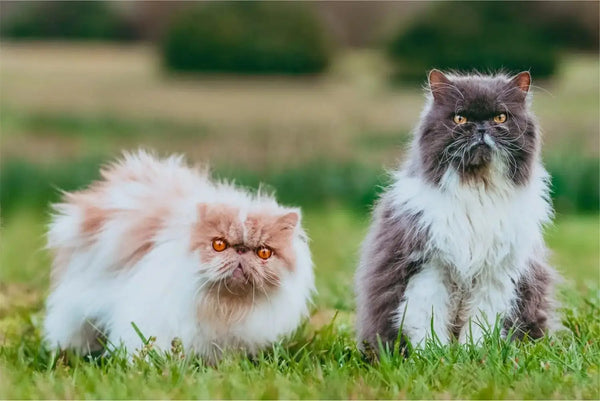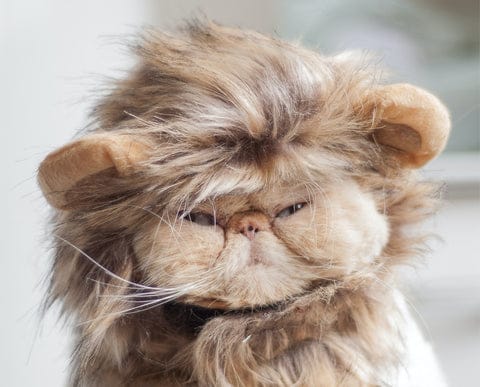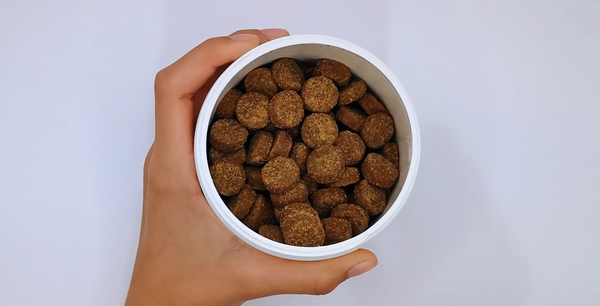
El gato persa
La raza de gato persa llegó por primera vez a Europa desde el Imperio Otomano en el siglo XVI. Aunque originalmente el gato persa era típicamente de pelo corto, se pensaba que la versión de pelo largo del gato persa actual se desarrolló a partir de la cepa de gato Pallas.
Como es bien sabido, la raza de gato persa actual tiene un pelaje extremadamente largo y grueso. Las patas de este gato parecen cortas en comparación con su tamaño corporal. Su cabeza es ancha y las orejas redondeadas y normalmente muy separadas. Tiene hermosos ojos grandes y redondos y un hocico extremadamente acortado y plano, lo que hace que su cara parezca casi aplastada.
Esta raza de gato puede tener cualquier color o marcas , incluyendo carey, azul, atigrado o puntiagudo. También existen variedades con punta que se conocen como Chinchilla. Los tipos de puntos se conocen como Himalaya en EE. UU. y Colorpoint Persian en Europa.

Si tienes un gato persa, normalmente estos gatos requieren un poco de esfuerzo adicional en el cuidado de la mascota. Su pelaje es tan largo y denso que les resulta difícil acicalarse adecuadamente. Lamerse constantemente para acicalarse puede provocar un problema de bolas de pelo, por lo que corresponde al dueño de la mascota proporcionarle un aseo regular. Estos gatos deben bañarse con regularidad y cepillarse minuciosamente todos los días. También pueden ser propensos a "desgarrarse", lo que puede provocar manchas alrededor del área de los ojos. Se recomienda un lavado de cara diario.
Además, los persas deben hacerse revisar la vista periódicamente para detectar posibles problemas oculares. Su pelo largo debe mantenerse lo más alejado posible de sus ojos, ya que puede irritar sus ojos.
Aunque a menudo se piensa que los gatos persas pueden ser más propensos a sufrir enfermedades respiratorias que otras razas de gatos, esto no se ha demostrado hasta la fecha. Estos gatos son generalmente gatos sanos y resistentes. Esta raza generalmente tiene una vida útil de aproximadamente 10 a 18 años.
Esta raza de gato es una de las más populares en los Estados Unidos en la actualidad y es conocida por su temperamento dócil. Son animales cariñosos y tranquilos que no insisten en exigir su atención. Tampoco son gatos muy vocales, lo que significa que no "maúllan" mucho. También suelen ser muy tolerantes con otros animales del hogar, ya sea otro gato o un perro. Son excelentes mascotas familiares y normalmente se adaptan muy bien a su entorno. Sin embargo, son más adecuados como mascota de interior, principalmente debido al alto mantenimiento de su pelaje.
Lo tenemos cubierto con suplementos para gatos y suministros de aseo, compruébelos todos en nuestra COLECCIÓN PARA GATOS .


